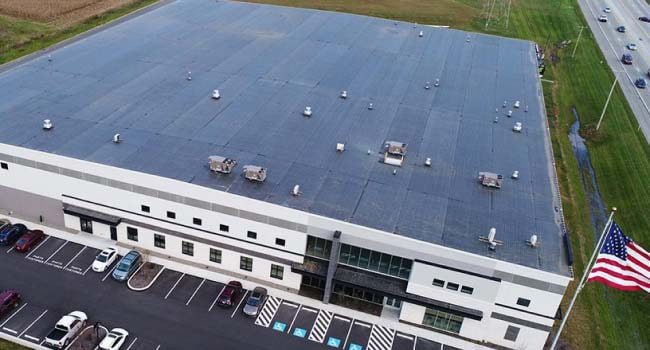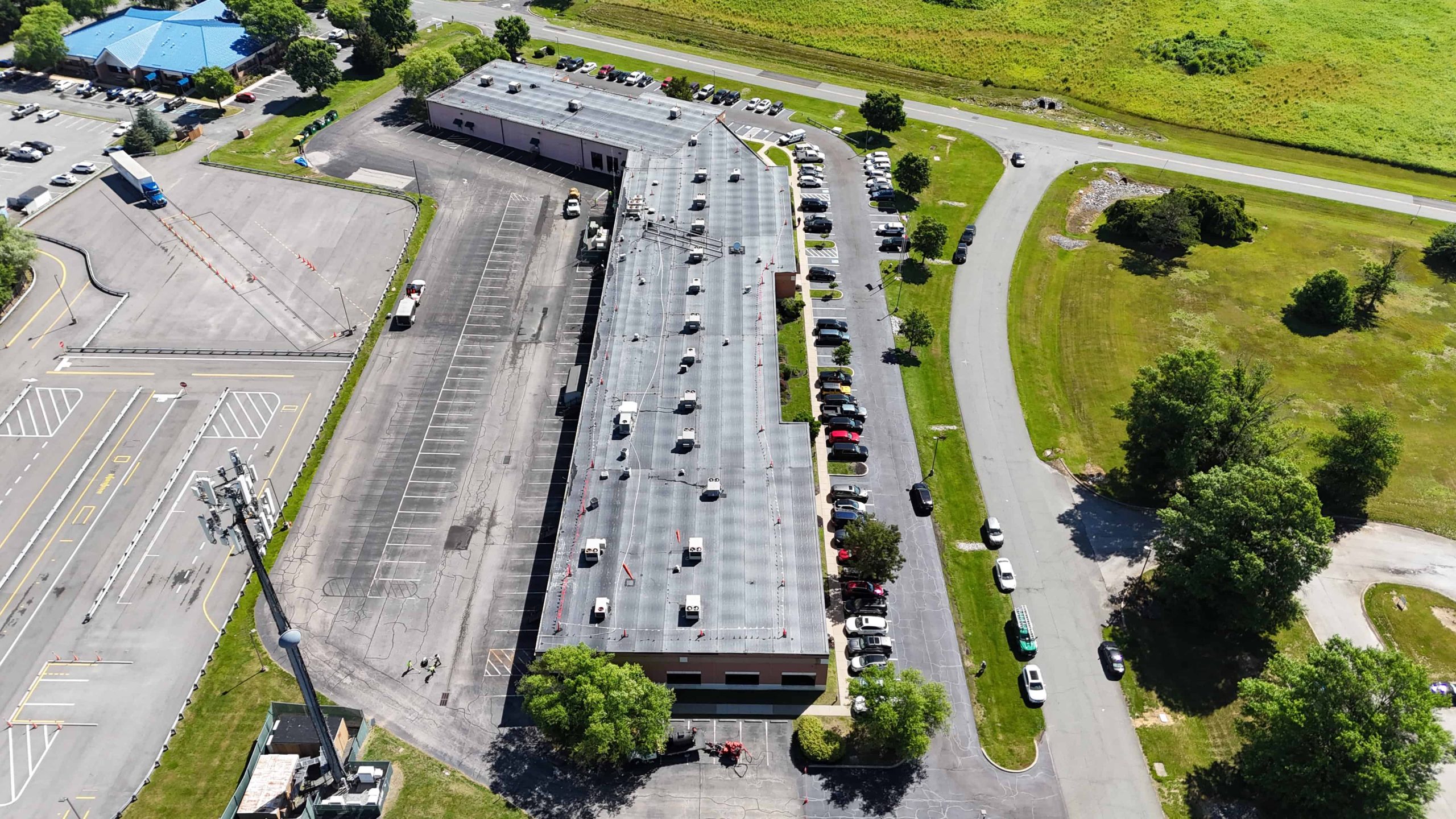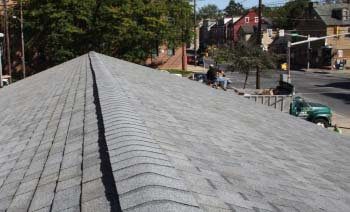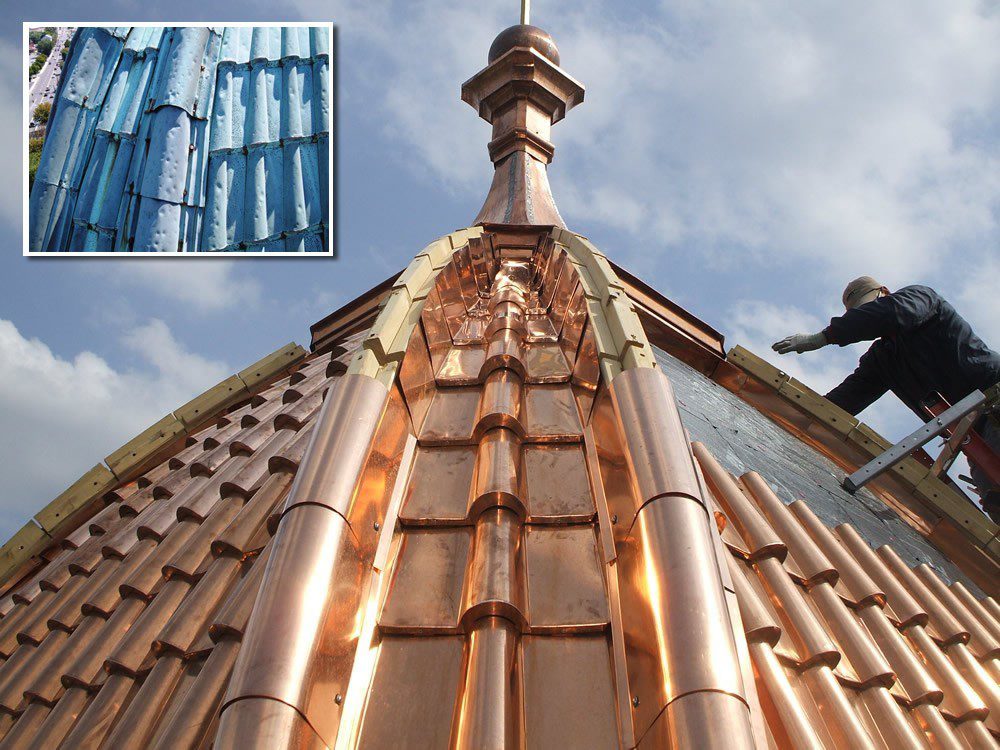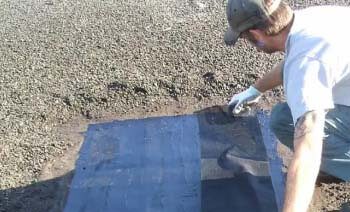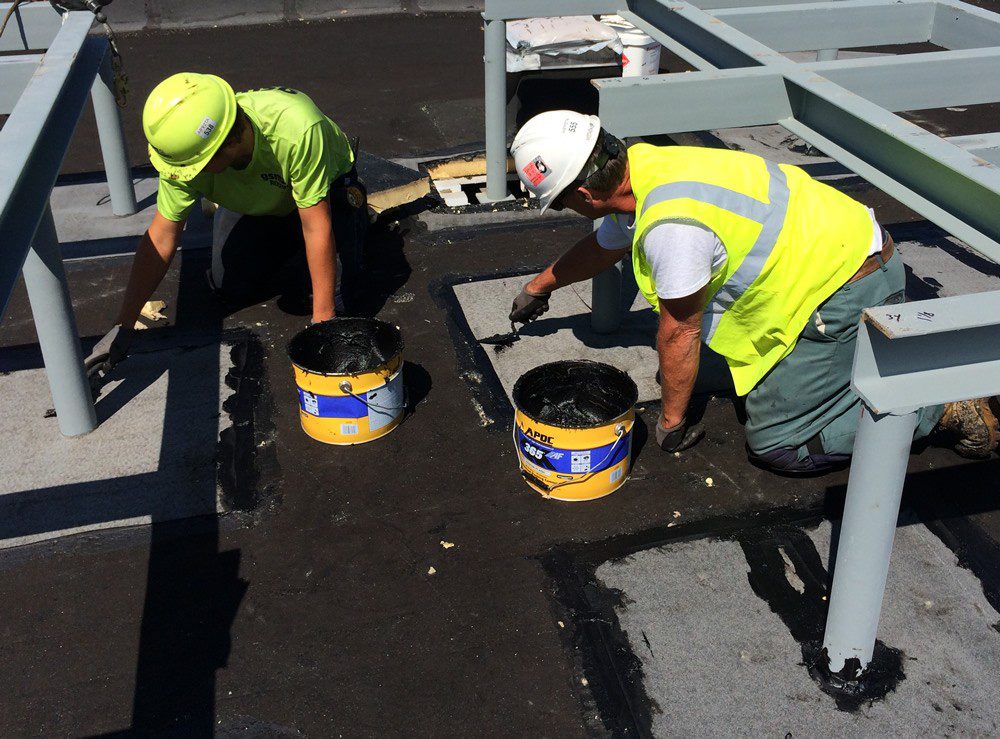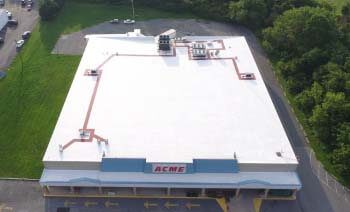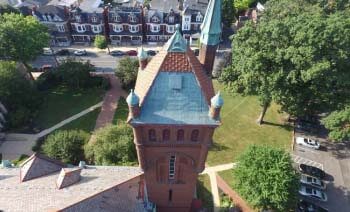Our Affiliations
Our strong affiliations in the commercial roofing industry underscore our commitment to excellence and continuous improvement. These connections provide us with valuable resources, training opportunities, and a network of professionals to collaborate with.
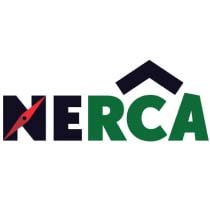
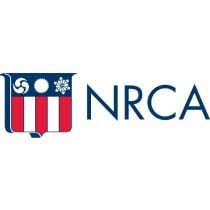
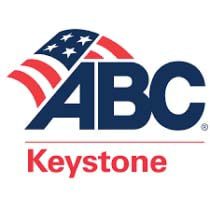
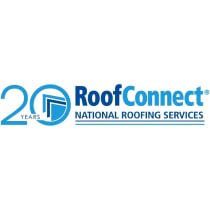


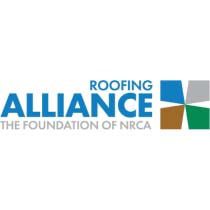
Local Organizations We Support in Cecil County
At GSM Roofing, we’re dedicated to making a positive impact on the community’s well-being. We strive to contribute to the community’s growth and prosperity, demonstrating a genuine commitment to being a good corporate citizen.

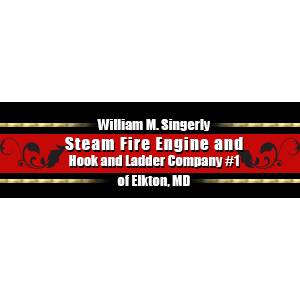

FAQs
Do You Offer Emergency Roof Repairs in Cecil County?
Yes. We provide 24/7/365 emergency roofing services for leaks, storm damage, and other urgent issues. Our local team can respond quickly to minimize damage and keep your business operational.
How often should a Commercial Roof be Inspected?
A commercial roof should be inspected at least twice a year—typically in the spring and fall—to check for seasonal wear, weather damage, and drainage issues.
In addition to biannual inspections, it’s also recommended to schedule an inspection:
- After major storms: heavy rain, snow, wind, or hail
- Before and after roof-related work: like HVAC installation or repairs
- If you notice signs of damage: leaks, sagging, pooling water, or mold
How do I Know if My Commercial Roof Needs to be Replaced?
You may need to replace your roof if you notice one or more of the following signs:
- Persistent leaks or water damage: Frequent leaks, water stains, or mold growth inside your building often indicate serious underlying issues that repairs alone can’t fix.
- Visible roof membrane damage: Cracks, blisters, bubbles, or open seams in the roofing membrane suggest significant wear and tear.
- Pooling water: Standing water that doesn’t drain properly can break down roofing materials and lead to structural damage over time.
- Age of the roof: Most commercial roofs have a lifespan of 20 to 30 years, depending on the material. If your roof is nearing or past this range, replacement may be more cost-effective than continued repairs.
- Increasing energy bills: A failing roof can reduce insulation performance, causing HVAC systems to work harder and energy costs to rise.
- Frequent repairs: If you’re calling for repairs more often than usual, it may be more economical to invest in a new roof than continue patching the old one.
What Types of Roofs do You Work On?
Whether your building is an office, warehouse, school, or manufacturing facility, we’ve got you covered. We work on all major commercial roofing systems, including:
- Flat and low-slope roofs
- EPDM
- TPO
- PVC
- Metal
- Shingles
- Green roofs
- Built-up roofing


